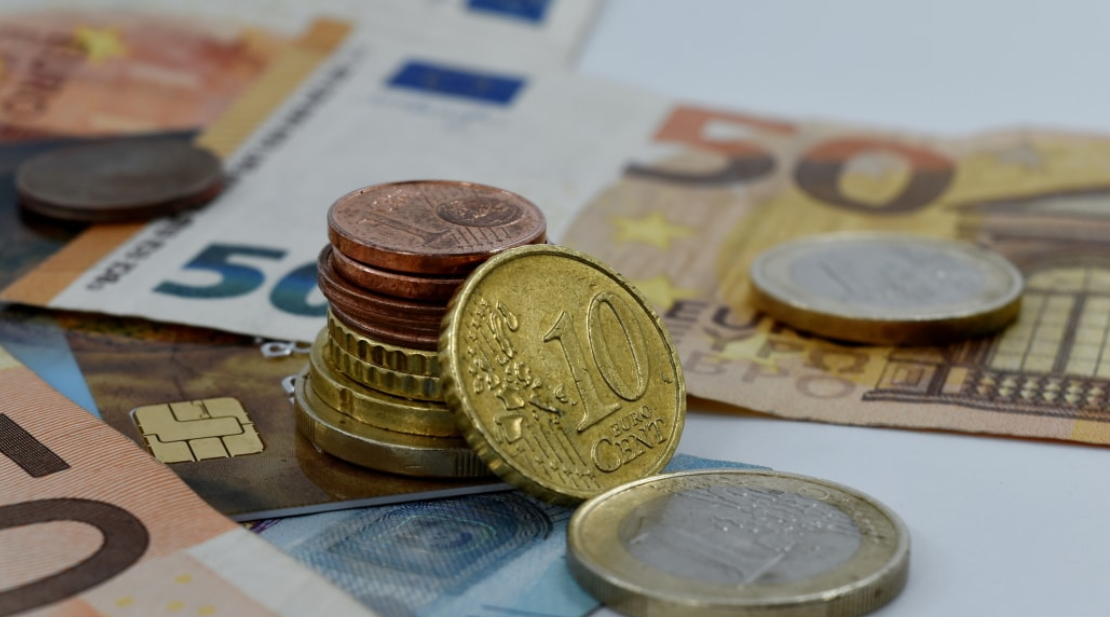Small-government advocates, lobbyists tap $660 bln U.S. pandemic-aid fund
The nonprofit was one of dozens of firms in Washington's lucrative influence industry to tap the Paycheck Protection Program, a $660 billion fund approved by Congress to aid small businesses during the COVID-19 crisis, despite rules meant to prevent federal dollars being used for lobbying or political activities. The Trump administration said on Monday the PPP program helped protect 51.1 million jobs.

- Country:
- United States
As Congress signed off on trillions of dollars in coronavirus aid, the small-government group Citizens Against Government Waste urged lawmakers to oppose bailouts for U.S. states, broadcasters, unemployed people and other recipients.
The group also secured at least $150,000 in government funds for itself, records released on Monday show. The nonprofit was one of dozens of firms in Washington's lucrative influence industry to tap the Paycheck Protection Program, a $660 billion fund approved by Congress to aid small businesses during the COVID-19 crisis, despite rules meant to prevent federal dollars being used for lobbying or political activities.
The Trump administration said on Monday the PPP program helped protect 51.1 million jobs. Records show that Citizens Against Government Waste got a loan of between $150,000 and $350,000 to keep 17 workers employed. The group did not respond to a request for comment.
Other beneficiaries include law firms that have earned hundreds of thousands of dollars from lobbying Congress, think tanks, political consulting shops, advocacy groups and groups that work closely with lawmakers, such as the Congressional Black Caucus Foundation. That came despite a rule dating back to 1996 that bars the Small Business Administration from making loans to businesses "primarily" engaged in politics or lobbying.
A federal judge upheld the rule in April. Law firms Wiley Rein and Kasowitz Benson Torres both received loans of at least $5 million, SBA records show. Wiley Rein earned $660,000 in lobbying fees in the first three months of 2020 and Kasowitz earned $310,000 during that time, according to Senate records.
Those revenues represent a fraction of the more than $200 million each firm earned last year. Kasowitz said in a statement that the PPP funds enabled it to keep paying employees at a time when courts were shut down. Wiley Rein did not respond to a request for comment.
Citizens Against Government Waste was not the only small-government group to win bailout loans, records show. Americans for Tax Reform, which advocates for lower taxes, said its separate research arm took out a PPP loan because it had been badly hurt by government restrictions on business.
The group said it did not oppose the program because it viewed it as compensation for the drop in revenue caused by government-ordered business shutdowns. Citizens United, which led a successful effort to roll back restrictions on money in politics, also said that a PPP loan went to its affiliated Citizens United Foundation.
(This story has not been edited by Devdiscourse staff and is auto-generated from a syndicated feed.)
ALSO READ
Defense relationship part of US-Iraq talks in Washington next week, US official says
Kishida delights Washington with promise of 250 cherry trees as independence gift
Defense relationship part of US-Iraq talks in Washington next week, US official says
Foreign Secy Vinay Kwatra bolsters India-US relations on Washington visit
Biden returns to Washington as Iran launches attack on Israel










